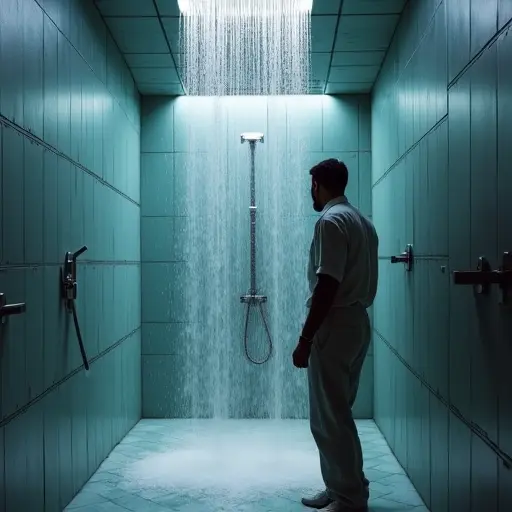
The Growing Mental Health Crisis Among Gen Z
Generation Z, born between the mid-1990s and early 2010s, is facing an unprecedented mental health crisis. Rates of depression, anxiety, self-harm, and suicide have surged, with girls being particularly vulnerable. The COVID-19 pandemic exacerbated these issues, but the trend began much earlier, in the early 2010s.
Key Causes
Experts attribute the crisis to several factors:
- Social Media: Excessive use of platforms like Instagram and TikTok has been linked to low self-esteem and social anxiety.
- External Events: School shootings, climate change, and political instability contribute to a sense of hopelessness.
- Overprotective Parenting: "Helicopter parenting" limits opportunities for independence and resilience-building.
- Sleep Deprivation: Screen time disrupts sleep patterns, worsening mental health.
Consequences
The consequences are dire. Suicide rates among young Americans aged 10-24 rose by 56% between 2014 and 2024, with Black youth experiencing a 78% increase. Self-harm episodes and major depressive disorders have also spiked.
Societal Response
Governments and organizations are taking action. In 2021, the U.S. Surgeon General declared a "national emergency" in youth mental health. Schools are implementing mental health programs, and crisis hotlines are expanding. However, critics argue that more systemic changes are needed.

 Nederlands
Nederlands
 English
English
 French
French
 Deutsch
Deutsch
 Espaniol
Espaniol
 Portugese
Portugese









